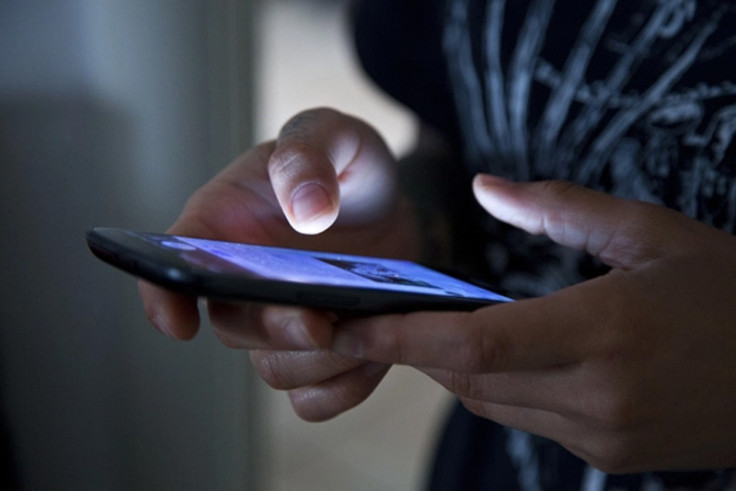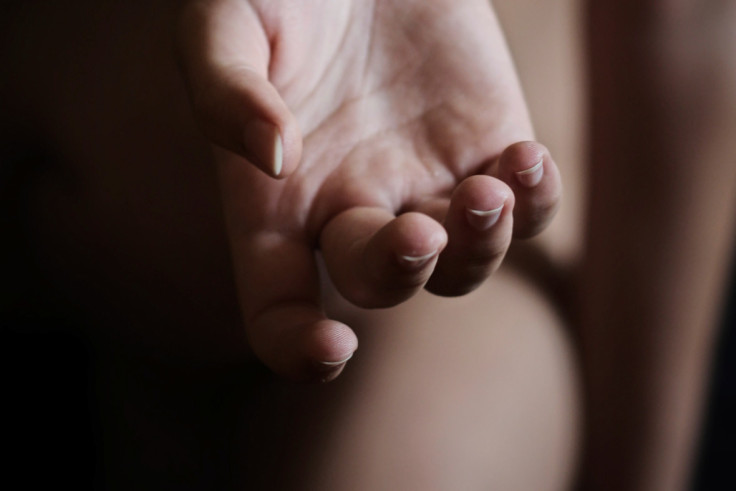International Women's Day: Emotional abuse and control plague one in two relationships
Non-physical coercion is also a form of domestic violence and should be treated as such.
Her relationship with her ex-boyfriend lasted a little less than a year, but it had a profound and traumatic impact on Bethany.
The young woman realised that something was wrong when her then-partner started preventing her from going to university and disapproving all her other relationships. However, Bethany didn't recognise at once that she was victim of domestic violence.
"It had always been quite bad, but I didn't really realise that anything was dangerous until he started trying to stop me from going to university and isolated me from friends and family, making me feel like he was my only support network. The tipping point was when it developed into physical violence," she told IBTimes UK.
Bethany is far from being alone in this situation. Her case is particularly extreme, but a study called Define the Line, conducted by Avon in partnership with domestic violence charity Refuge ahead of International Women's Day, found that 56% of the participants surveyed had experienced controlling behaviours from a partner before.
In these relationships, 84% of girls and 65% of boys who were victims of controlling behaviours thought it was their fault. The impact of this was sometime very negative, since nearly 49% of young adults said these behaviours made them feel intimidated, humiliated and even worthless, with girls significantly more impacted (63%) than boys (34%).
The results suggest that more than ever, the line between caring and controlling is blurred. This makes it all the more urgent to teach people that non-physical coercion and emotional abuse are a form of violence too.
"Everyone recognises domestic violence as broken bones and black eyes, but there are many ways of controlling a partner. If someone you know is changing their behaviour because they are scared of their partner's reaction, then that is domestic violence. Nonphysical forms of domestic violence can have long term negative impacts on the victim", Lisa King, Refuge director, told IBTimes UK.
Jealousy and guilt-tripping
The survey also revealed that 30% of the respondents had already been made to feel guilty by their partners, 20% had been criticised for something they had worn, 18% had been verbally abused or had been stalked on social media. In the most extreme cases, 16% had been made to stop seeing friends or family.
Bethany experienced first hand some of these serious issues. "He was jealous of any of my male relationships, even with relatives, and then it got to the point where he didn't like my relationship with females either," she explained.
To exert his control over her, he went as far as making her do his job applications for him and then not showing up to the interviews. She tried leaving him a couple of times, but found that is was almost harder than enduring the relationship.

"Leaving was the most difficult part because abusers have this tendency to play victim and there is a lot of guilt-tripping when you are trying to leave them. I broke up with him a couple of times but ended back. My relationship with my mum was intact throughout the relationship and she made it easier for me to leave. I would advise women who find themselves in this situation now to definitely make sure you have as many people as possible around you as you can, so that you are not even tempted to go back", she added.
Bethany tried to go to the police but the case was denied because there wasn't enough evidence. So she took to writing about her experience online and contacted Refuge for advice.
The charity offered practical advice about ways to spot signs of domestic violence, on how to deal with emotional abuse from a partner and how to tell whether they are being controlling. The support it provided helped Bethany get back on her feet and she now campaigns with them to try and help others like her.

On the long-term, educating people about the fact there are many types of domestic violence will be a priority – and indeed, two in five people who participated in the survey think that controlling behaviours in romantic relationships are not talked about enough.
The Refuge-Avon survey allows this conversation to start by shedding a much-needed light on the situation of people like Bethany – and telling the world that even if it is more insidious, this kind of violence also leaves long-lasting traces.
Update on the methodology: The research was carried out by BritainThinks in January 2017 and included focus groups with 16-21 year old with no experience of the non-physical elements of coercive control, a nationally representative online survey with 500 16-21 year old in the UK, and depth interviews with 16-21 year old females who had experienced coercive control.
How to spot signs of domestic violence according to Refuge:
If a woman is experiencing any of the following then it's likely that she is being abused:
- Is he jealous and possessive?
- Does he cut her off from family and friends and try to isolate her?
- Is he charming one minute and abusive the next? Does he have sudden changes of mood – like Dr Jekyll and Mr Hyde?
- Does he control her life – for example, her money, who she should see, what she should wear?
- Does he monitor her movements?
- Does he blame her for the abuse?
- Does he humiliate or insult her in front of others?
- Does he verbally abuse her?
- Does he constantly criticise her?
- Does he use anger and intimidation to frighten her and make her comply with his demands?
- Does he tell her she's useless and couldn't cope without him?
- Has he threatened to hurt her or people close to her if she leaves?
- Does she change her behaviour to avoid making him angry?
- Does he force her to have sex when she doesn't want to?
© Copyright IBTimes 2025. All rights reserved.






















